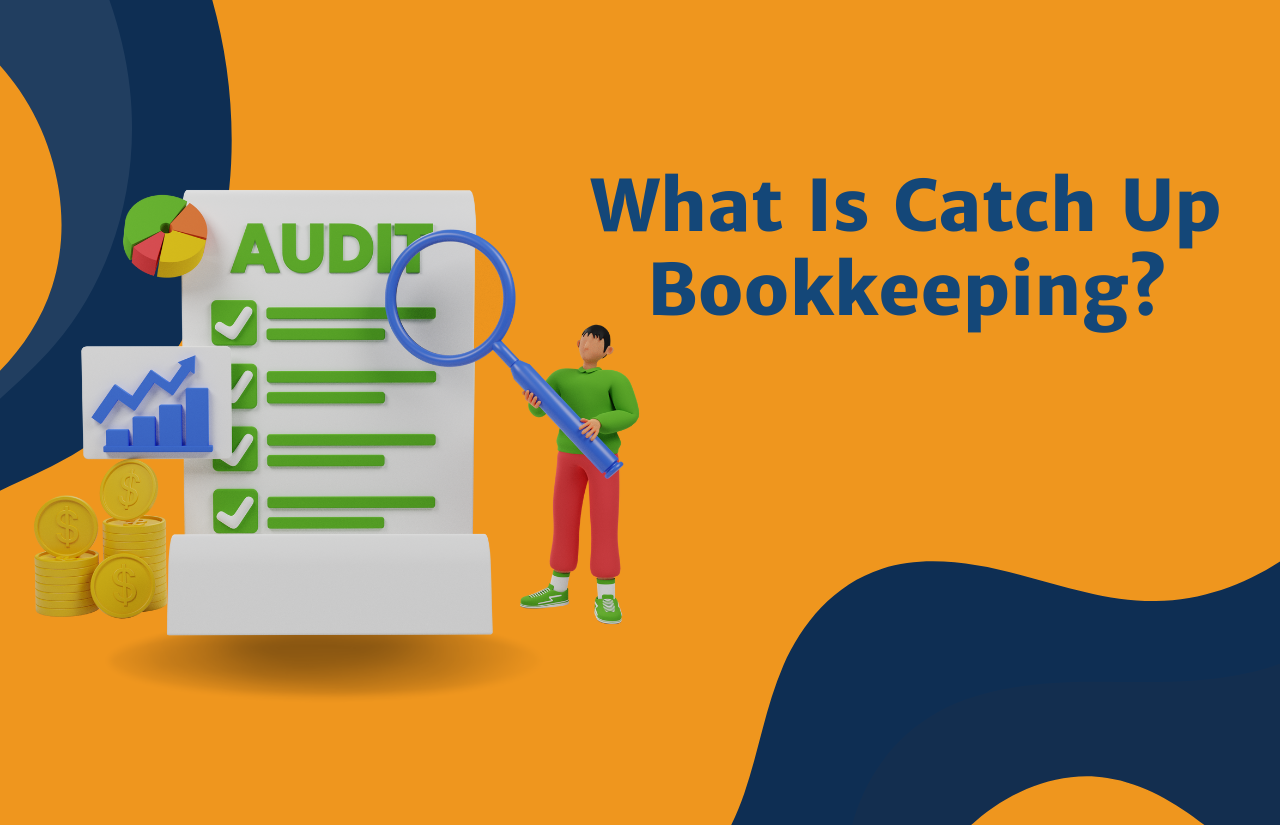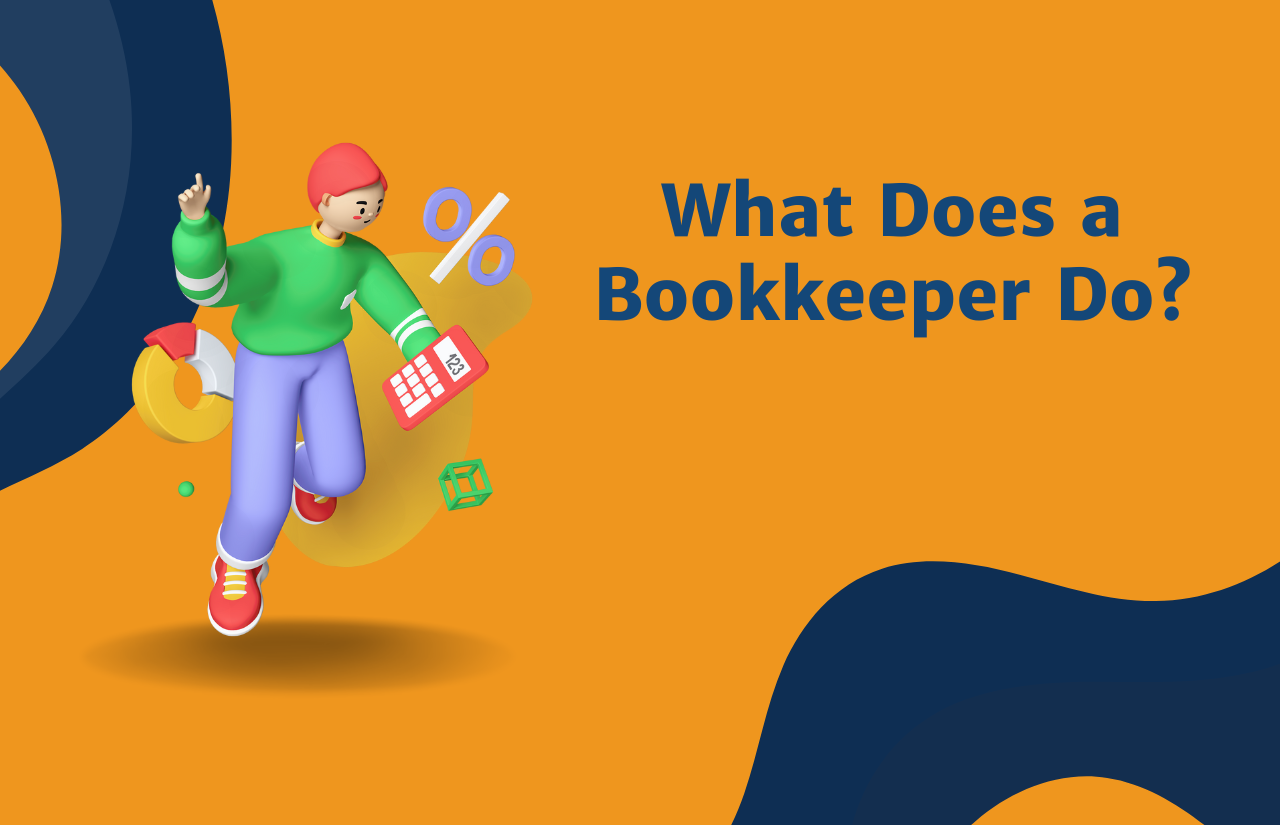As a small business owner, you know the importance of accurate financial record-keeping. However, managing your own finances can be time-consuming and complicated, especially if you are not an expert in bookkeeping.
One solution is to hire a bookkeeper to handle your financials. However, not all bookkeepers are created equal. In fact, there are two main types of bookkeepers: in-house bookkeepers and full-charge bookkeepers.
In this article, we’ll take a closer look at full-charge bookkeeping services and how they differ from in-house bookkeeping services. We’ll explore what a full-charge bookkeeper is, what they do, and the benefits of having a full-charge bookkeeper for your small business.
We’ll also compare full-charge bookkeepers to bookkeepers, discuss the role of in-house bookkeepers, and explore the benefits of outsourcing bookkeeping services.
If you’re a small business owner looking to save time and improve your financial record-keeping, read on to learn more about the differences between in-house bookkeepers and full-charge bookkeepers.
What is a Full-Charge Bookkeeper?
If you’re considering hiring a bookkeeper for your small business, you may have come across the term “full-charge bookkeeper.” But what exactly does that mean?
Simply put, a full-charge bookkeeper is a bookkeeper who is responsible for all aspects of a company’s financial record-keeping. This includes everything from maintaining accurate financial records to managing accounts payable and receivable, preparing financial statements, reconciling bank statements, managing payroll and taxes, and more.
Unlike a bookkeeper who may only handle certain aspects of financial record-keeping, a full-charge bookkeeper is expected to handle all financial tasks from start to finish.
This requires a high level of experience and expertise in bookkeeping, as well as a thorough understanding of accounting principles and financial management.
In short, a full-charge bookkeeper is a comprehensive financial professional who can handle all of your bookkeeping needs in-house, without the need for additional staff or outsourcing.
If you’re considering hiring a full-charge bookkeeper for your small business, you can expect to benefit from their extensive knowledge and experience in financial management.
A full-charge bookkeeper can help you save time, reduce errors, and ensure that your financial records are accurate and up-to-date.
So, what are the key takeaways from this section?
A full-charge bookkeeper is a comprehensive financial professional who can handle all aspects of financial record-keeping for your small business.
A full-charge bookkeeper is expected to have a high level of experience and expertise in bookkeeping, as well as a thorough understanding of accounting principles and financial management.
Hiring a full-charge bookkeeper can help you save time, reduce errors, and ensure that your financial records are accurate and up-to-date.
Read on to learn more about what a full-charge bookkeeper does on a day-to-day basis, and how their role differs from that of a bookkeeper.
What Does a Full-Charge Bookkeeper Do?
Now that we know what a full-charge bookkeeper is, let’s take a closer look at what they do on a day-to-day basis.
Follow the #BookkeepingServices on Twitter and catch up with daily thoughts and experiences.
A full-charge bookkeeper’s responsibilities can vary depending on the size and complexity of the business they are working for. However, some common tasks that full-charge bookkeepers may be responsible for include:
Managing Accounts Payable and Receivable
Full-charge bookkeepers are responsible for managing a company’s accounts payable and receivable. This includes tracking invoices, making payments, and sending invoices to customers for payment.
Maintaining Accurate Financial Records
One of the main responsibilities of a full-charge bookkeeper is to maintain accurate financial records. This includes keeping track of all financial transactions, reconciling bank statements, and preparing financial reports.
Managing Payroll and Taxes
Full-charge bookkeepers are also responsible for managing payroll and taxes. This includes calculating and processing employee salaries, ensuring that all taxes are paid on time, and preparing tax returns.
Preparing Financial Statements
Full-charge bookkeepers are responsible for preparing financial statements such as income statements, balance sheets, and cash flow statements. These statements provide an overview of a company’s financial performance and are used to make important financial decisions.
Here is an article dedicated to financial statements, to visualize the importance of the bookkeeping role.
Providing Financial Analysis and Advice
Full-charge bookkeepers may also provide financial analysis and advice to business owners. This can include analyzing financial data to identify areas of improvement, creating financial forecasts, and advising on financial decisions.
In short, a full-charge bookkeeper is responsible for all aspects of financial record-keeping and financial management for a small business. Their role goes beyond just basic bookkeeping tasks and requires a high level of expertise and experience in financial management.
Here are the key takeaways from this section
Full-charge bookkeepers are responsible for managing accounts payable and receivable, maintaining accurate financial records, managing payroll and taxes, preparing financial statements, and providing financial analysis and advice.
A full-charge bookkeeper’s role requires a high level of expertise and experience in financial management.
By hiring a full-charge bookkeeper, you can ensure that all of your financial needs are taken care of in-house by a comprehensive financial professional.
In the next section, we’ll compare full-charge bookkeepers to bookkeepers and discuss the benefits of each.
Full-Charge Bookkeeper vs. Bookkeeper: Which One is Right for Your Business?
Now that we know what a full-charge bookkeeper does, let’s compare it to the role of a bookkeeper. While both roles involve financial record-keeping and management, there are some key differences.
A bookkeeper’s responsibilities typically include:
- Recording financial transactions
- Reconciling bank statements
- Managing accounts payable and receivable
- Processing payroll and taxes
- Preparing financial reports
A bookkeeper is responsible for the day-to-day financial tasks of a business, such as recording transactions and preparing financial reports. However, they may not have the same level of expertise and experience in financial management as a full-charge bookkeeper.
On the other hand, a full-charge bookkeeper is responsible for all aspects of financial management, from basic bookkeeping tasks to financial analysis and advice. They are more involved in the financial decision-making process and have a broader understanding of financial management.
So, which one is right for your business? It ultimately depends on your business’s specific needs and budget. If your business has basic financial needs and a limited budget, a bookkeeper may be sufficient.
However, if your business requires more comprehensive financial management and analysis, a full-charge bookkeeper may be a better option.
By hiring a full-charge bookkeeper, you can ensure that all of your financial needs are taken care of in-house by a comprehensive financial professional. This can save you time and money in the long run, as you won’t need to outsource financial tasks to multiple professionals.
In summary, here are the key takeaways from this section:
- A bookkeeper is responsible for day-to-day financial tasks, while a full-charge bookkeeper is responsible for all aspects of financial management.
- The choice between a bookkeeper and a full-charge bookkeeper depends on your business’s specific needs and budget.
- By hiring a full-charge bookkeeper, you can ensure that all of your financial needs are taken care of in-house by a comprehensive financial professional.
In the next section, we’ll discuss the benefits of hiring a full-charge bookkeeper for your small business.
Benefits of Hiring a Full-Charge Bookkeeper for Your Small Business
Hiring a full-charge bookkeeper for your small business can offer many benefits. Here are some of the main advantages:
Comprehensive financial management:
A full-charge bookkeeper can handle all aspects of financial management, from basic bookkeeping tasks to financial analysis and advice. This can provide you with a more comprehensive and accurate view of your business’s finances.
Time-saving:
By hiring a full-charge bookkeeper, you can save time and focus on other aspects of your business. With a full-charge bookkeeper taking care of your financial tasks, you won’t need to spend as much time managing your finances.
Cost-effective:
While a full-charge bookkeeper may be more expensive than a bookkeeper, they can save you money in the long run. With a full-charge bookkeeper, you won’t need to outsource financial tasks to multiple professionals, which can be more expensive.
Expertise and experience:
A full-charge bookkeeper typically has more expertise and experience in financial management than a bookkeeper. This can provide you with better financial insights and advice, helping you make better financial decisions for your business.
Improved financial reporting:
With a full-charge bookkeeper, you can expect more accurate and detailed financial reports. This can help you better understand your business’s financial health and make informed decisions based on that information.
In summary, hiring a full-charge bookkeeper for your small business can offer many benefits, including comprehensive financial management, time-saving, cost-effectiveness, expertise and experience, and improved financial reporting.
When speaking of decisions that you must make and the risks that you will take, here is a guide to understand which option is best for you: Bookkeeping services or DIY bookkeeping.
Conclusion
In conclusion, bookkeeping is a critical aspect of any business, regardless of its size. While some businesses may be able to manage their finances with a bookkeeper, others may require the more comprehensive services of a full-charge bookkeeper.
There are many fields that you as a small business owner must understand. Still, knowing the benefits of outsourced bookkeeping and the most common bookkeeping mistakes that small business owners make it’s an advantage.
By understanding the difference between these two roles and the benefits of hiring a full-charge bookkeeper, you can make an informed decision about which option is right for your business.
At Books At Ease, we offer professional full-charge bookkeeping services to small businesses. Contact us today to learn more about how we can help you manage your finances and grow your business.



